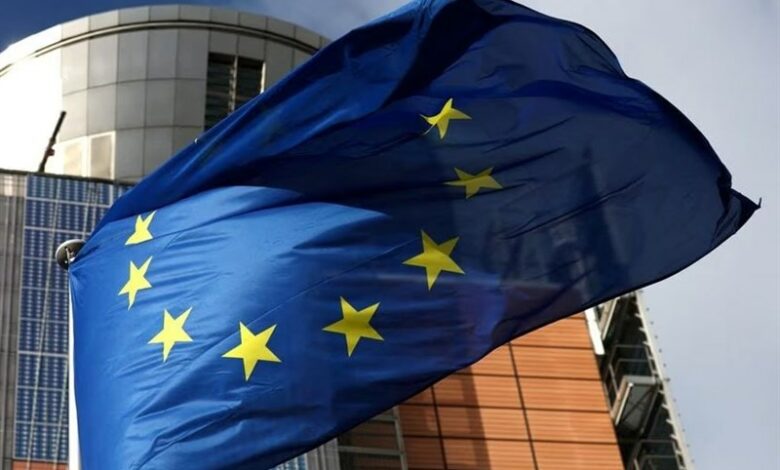EU plan to reduce dependence on third countries for critical raw materials

| The European Union, which is heavily dependent on some third countries, especially China, for the supply of vital raw materials, wants to implement reforms to reduce these dependencies by 2030. |
According to the report of the international group Tasnim news agency, newspaper ” Tagus Anseiger wrote in an article: “The European Union is sometimes heavily dependent on some third countries for the supply of vital raw materials, and therefore wants to change its position more widely by 2030 and reduce these dependencies.”
According to this newspaper, the European Union wants to guarantee a reliable and sustainable supply of raw materials such as lithium and silicon with a set of new rules. The representatives of the governments of the member states and the European Parliament agreed late on Monday evening on a text for the relevant regulations. In particular, it is considered that refining, processing and recycling of vital raw materials will be promoted in Europe in order to reduce dependence on countries such as China.
According to the Commission European Union, guidelines were also agreed for different stages of the value chain. Among other things, they envisage increasing the processing capacity of the EU’s vital raw materials so that at least 40% of annual consumption is produced in the EU by 2030. In addition, at least 25% of annual consumption must be covered by EU recycling capacities.
Furthermore, the EU aims to diversify its supply. The European Union is a very important strategic raw material. The aim is to ensure that no third country covers more than 65% of the Union’s annual consumption in this area. “With targeted economic incentives, we create real planning security for private investors – for example through central contact points for companies, as well as fast and simple approval procedures with clear deadlines for institutions,” Europe explained. “
According to him, a framework for strategic partnership of raw materials with third countries will also make the European Union an attractive partner in geopolitical competition.
Hildegard Bentele, rapporteur of the EPP Christian Democratic Group in the European Parliament, also called these regulations a warning shot to China due to its diversification goals. According to her, the country is currently still a supplier. It is very important for the EU.
When presenting its draft regulations in March, the EU Commission announced that raw materials critical to a wide range of technologies to protect They are essential for climate, as well as for digital, space and defense. But at the same time, the supply of these materials is associated with increasing geopolitical, ecological and social risks. The EU is dependent on several vital raw materials and often more than 90% of the EU’s needs are covered by a third country.
For example, the EU Commission He pointed to rare earths that are used to make permanent magnets for wind turbine motors. According to this European institution, 100% of them were refined in China until recently. Another example of vital raw materials is lithium, which is used in electric vehicle batteries and for energy storage. According to the European Union, the demand for this light metal is likely to increase twelvefold by 2030. Silicon, which is needed for the production of microchips, is also in great demand.
According to the agreement of the Council of Member States, a total of 34 raw materials should be classified as critical. . According to this agreement, the separate list of strategically important raw materials will initially have 17 items. Now this agreement must be approved by the Council of Member States and the General Assembly of the European Parliament.
end of message/
| publisher | Tasnim News Agency |


